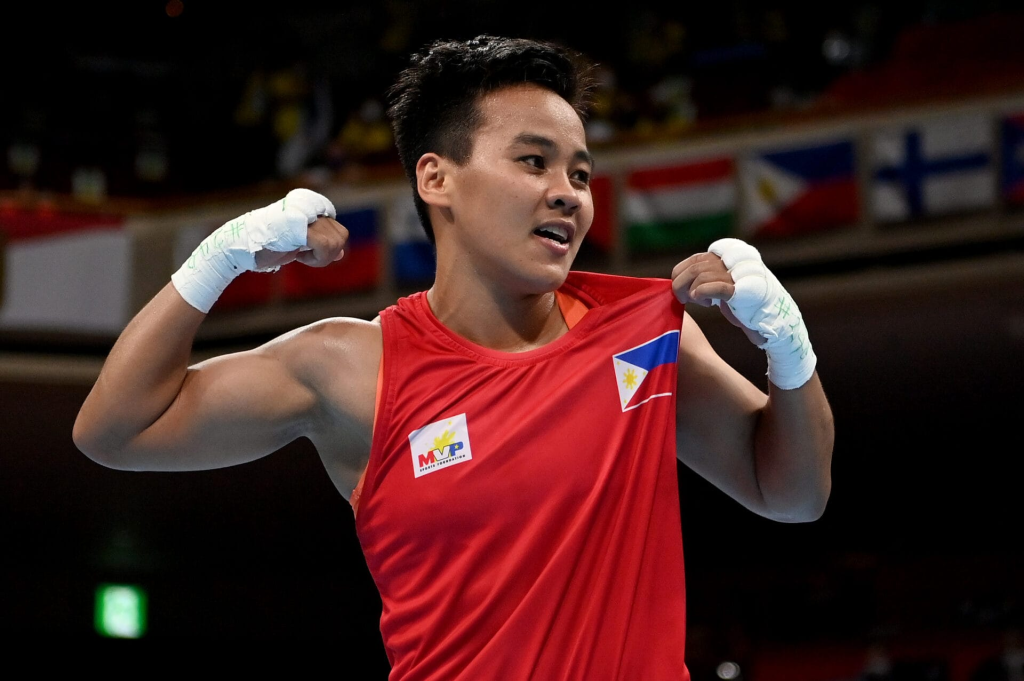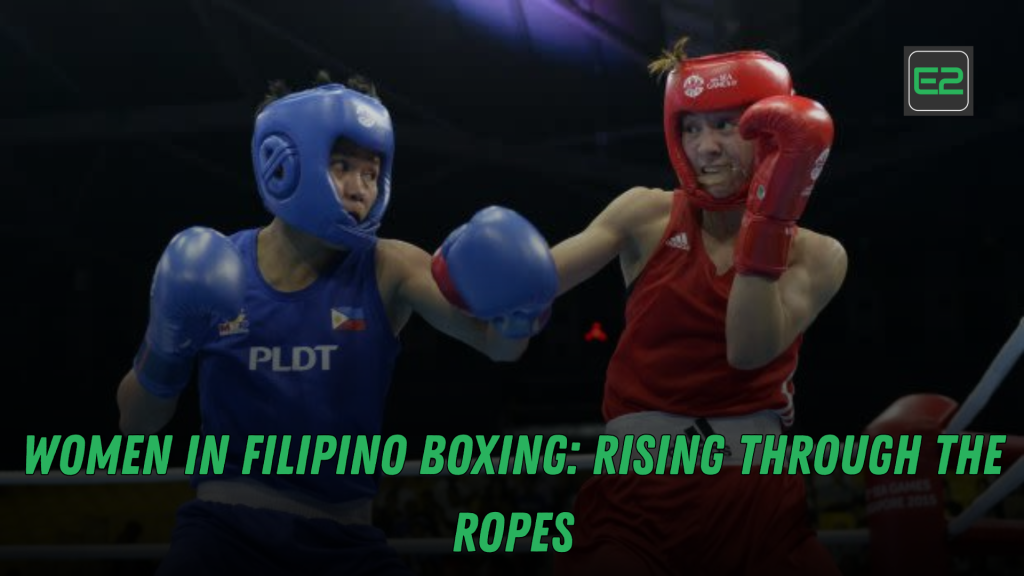Table of Contents
Breaking Barriers with Every Punch
For decades, boxing in the Philippines has been dominated by male names—Manny Pacquiao, Nonito Donaire, and Pancho Villa. But quietly and steadily, Filipina fighters have been making waves inside the ring, shattering stereotypes and rising through the ranks to claim their place on the global stage.
The rise of women in Filipino boxing is more than a sports story; it’s a cultural shift—an empowering narrative of grit, talent, and trailblazing courage. This article explores how Filipino women are redefining boxing, the challenges they face, and why their rise deserves more recognition and support.

1. A Brief History: Women Were in the Ring All Along
Women’s Filipino boxing in the Philippines isn’t entirely new—it just didn’t receive the spotlight it deserved. During the 1990s, female boxers began emerging in local gyms, often training in the shadows of their male counterparts. With little media coverage and limited competitive opportunities, many of them fought for passion more than recognition.
Early Challenges:
- Lack of dedicated training programs for women
- Cultural stigma around women in combat sports
- Fewer sanctioned fights and tournaments
- Lower pay and sponsorship opportunities
Yet, despite the odds, these pioneering women fighters laid the groundwork for future champions to step into the ring.
2. Filipina Boxing Champions Who Paved the Way
Gretchen Abaniel
A former world champion and one of the most decorated female boxers in the Philippines, Abaniel has held multiple titles, including the WIBA minimumweight belt. She’s also one of the first Filipinas to gain international recognition.
Josie Gabuco
A legend in amateur filipino boxing, Gabuco became the first Filipina to win gold at the AIBA Women’s World Championships in 2012. She’s a SEA Games mainstay and a beacon for future Olympians.
Nesthy Petecio
The most recognizable Filipina boxer today, Nesthy Petecio earned a silver medal at the 2020 Tokyo Olympics, putting women’s filipino boxing in the Philippines on the global map.

3. Olympic Recognition: A Turning Point
Women’s boxing was only officially included in the Olympics in 2012, but it quickly became a proving ground for Filipina talent.
Olympic Milestones:
- Nesthy Petecio’s silver medal (2020) is the Philippines’ first Olympic boxing medal for a woman.
- The national boxing federation (ABAP) increased funding and visibility for female boxing camps.
- Young female boxers now have structured pathways from amateur ranks to Olympic qualifiers.
This recognition legitimized the sport for women in the eyes of both sponsors and sports authorities.
4. Training the Next Generation: Grassroots to Glory
As acceptance grows, so does the number of young girls entering filipino boxing gyms across the Philippines—from urban centers like Metro Manila to rural towns in Visayas and Mindanao.
Key Factors Fueling the Growth:
- Government and NGO support for community-based boxing clinics
- Inclusion of women in national development pools and SEA Games teams
- Role models like Petecio and Gabuco showing what’s possible
- Gender-inclusive gyms opening across major cities
Notable Training Grounds:
- PSC-ABAP Training Camp in Baguio
- Elorde Boxing Gym (several branches now welcome female trainees)
- Community-based programs in Cebu, Davao, and Cotabato
The Evolution of Philippine Boxing Gyms: From Backyard Rings to World-Class Facilities
5. The Challenges Still Standing
Despite progress, inequity remains a major hurdle for Filipina boxers.
Ongoing Issues:
- Pay gaps between male and female fighters
- Limited access to international bouts and ranking opportunities
- Gender bias in coaching, judging, and gym culture
- Inconsistent media coverage of women’s fights
Moreover, female boxers often juggle family obligations, full-time jobs, or educational responsibilities alongside intense training regimens—making their achievements all the more impressive.
6. Women’s Filipino Boxing as Social Advocacy
For many Filipina fighters, filipino boxing is not just about medals—it’s a platform for social change.
Empowerment Through Boxing:
- Programs like “Boxing for Peace” promote discipline and leadership among at-risk girls
- Female coaches and trainers are stepping up to mentor the next wave
- Boxing gives young women a voice, identity, and community in environments that often silence them
Some athletes also speak out on issues like gender violence, education, and equal pay, turning the boxing ring into a space for empowerment beyond sport.

7. Media and Marketing: Time for the Spotlight
The visibility of Filipina boxers is growing, but still lags behind male fighters and international stars. Changing this narrative is crucial for long-term growth.
Positive Developments:
- Nesthy Petecio’s Olympic run brought national TV coverage and brand interest
- Women’s boxing featured in SEA Games, Asian Games, and televised amateur bouts
- More female boxers are active on social media, building personal brands and gaining fans
What Needs to Happen:
- More investment in promotion and storytelling around women’s fights
- Feature-length documentaries and mainstream interviews
- Equal prize purses and endorsements for female champions
Why Women’s Filipino Boxing in the Philippines Matters
The rise of Filipina boxers is not just a trend—it’s a movement. It challenges outdated norms, uplifts communities, and shows that the heart of a fighter knows no gender.
As more women lace up gloves, step into rings, and bring medals home, they redefine what it means to be a Filipino athlete—and open the door for generations to come
Rising Through the Ropes—and Beyond
From underfunded beginnings to Olympic podiums, women in Filipino boxing have shown extraordinary resolve and passion. They’re not just rising through the ropes—they’re rising through barriers, changing lives, and reshaping the future of Philippine sports.
Support the Next Generation of Filipina Fighters
Want to be part of the change?
- Follow and support women’s boxing events—online and in person
- Share this article to raise awareness about Filipina athletes
- Donate or volunteer for boxing programs that empower young girls
- Nominate local female athletes to be featured in media and advocacy campaigns
The future of Filipino boxing isn’t just male—it’s proudly female, and it’s only just begun.
